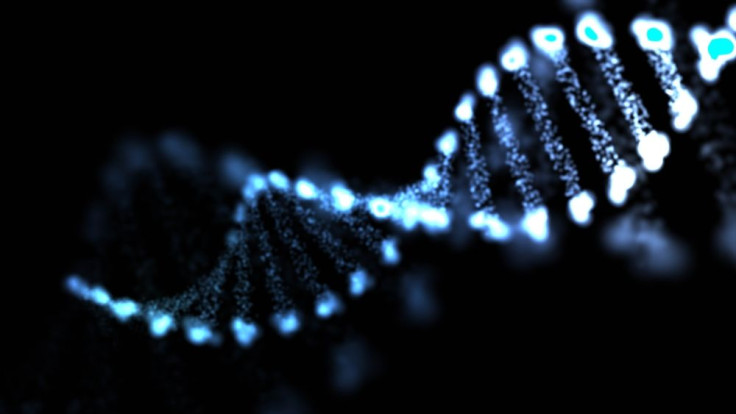Mutations In Breast Cancer Patients May Explain Resistance To Anti-Estrogen Therapy

A newly discovered set of mutations may explain why women with advanced breast cancer tend to become resistant to certain therapies. Researchers at the University of Michigan have determined that in patients who receive anti-estrogen therapy, the cancer may respond by evolving genetic variations that offset the effects of the treatment. The findings shed further light on the biological mechanisms whereby tumors evade treatment efforts.
Today, most breast cancers are classified as estrogen receptor positive. This means that the tumor growth and metastasis is influenced by the hormone estrogen. For this reason, oncologists treating breast cancer frequently rely on drugs that inhibit the production of this hormone. Unfortunately, the effects of these anti-estrogen therapies tend to diminish over time. The current study, which is published in the journal Nature Genetics, sought to investigate whether genetic mutations are responsible for this drug resistance.
According to Dan Robinson, a professor at the University of Michigan Comprehensive Cancer Center and lead author of the study, the findings suggest that the apparent resistance may be a direct genetic response to the treatment. "This is the tumor's way of evading hormonal therapy,” he explained in a press release. “These mutations activate the estrogen receptor when there is no estrogen – as is the case when a patient takes an aromatase inhibitor. It's essentially an on-switch for the estrogen receptor."
For the study, the researchers studied samples collected from 11 women with advanced metastatic breast cancer. In six of these subjects, the team found mutations in ESR1 – an estrogen receptor associated with the condition. These six women had all been treated with an aromatase inhibitor, which blocks the production of the hormone.
The researchers theorize that the cancer evolves a genetic “on-switch” that can restore hormone activity during anti-estrogen therapy. Essentially, the new mutations circumvent the aromatase inhibitor by blocking its mechanism of action. The disease thus sustains the estrogen levels necessary to drive tumor growth.
Co-author Anne F. Schott is confident that the results of the study will help researchers and oncologists develop more effective hormone therapies. “We've been trying for a long time to understand why people become resistant to anti-hormone therapy,” she told reporters. “This finding sheds an entirely new light onto the problem. Now, we can look at how these estrogen receptors function and begin to develop drugs to shut down or attack this mutation."
Source: Dan R Robinson, Yi-Mi Wu, Pankaj Vats, Fengyun Su, Robert J Lonigro, Xuhong Cao, Shanker Kalyana-Sundaram, Rui Wang, Yu Ning, Lynda Hodges, Amy Gursky, Javed Siddiqui, Scott A Tomlins, Sameek Roychowdhury, Kenneth J Pienta, Scott Y Kim, J Scott Roberts, James M Rae, Catherine H Van Poznak, Daniel F Hayes, Rashmi Chugh, Lakshmi P Kunju, Moshe Talpaz, Anne F Schott, Arul M Chinnaiyan. Activating ESR1 mutations in hormone-resistant metastatic breast cancer. Nature Genetics, 2013.



























